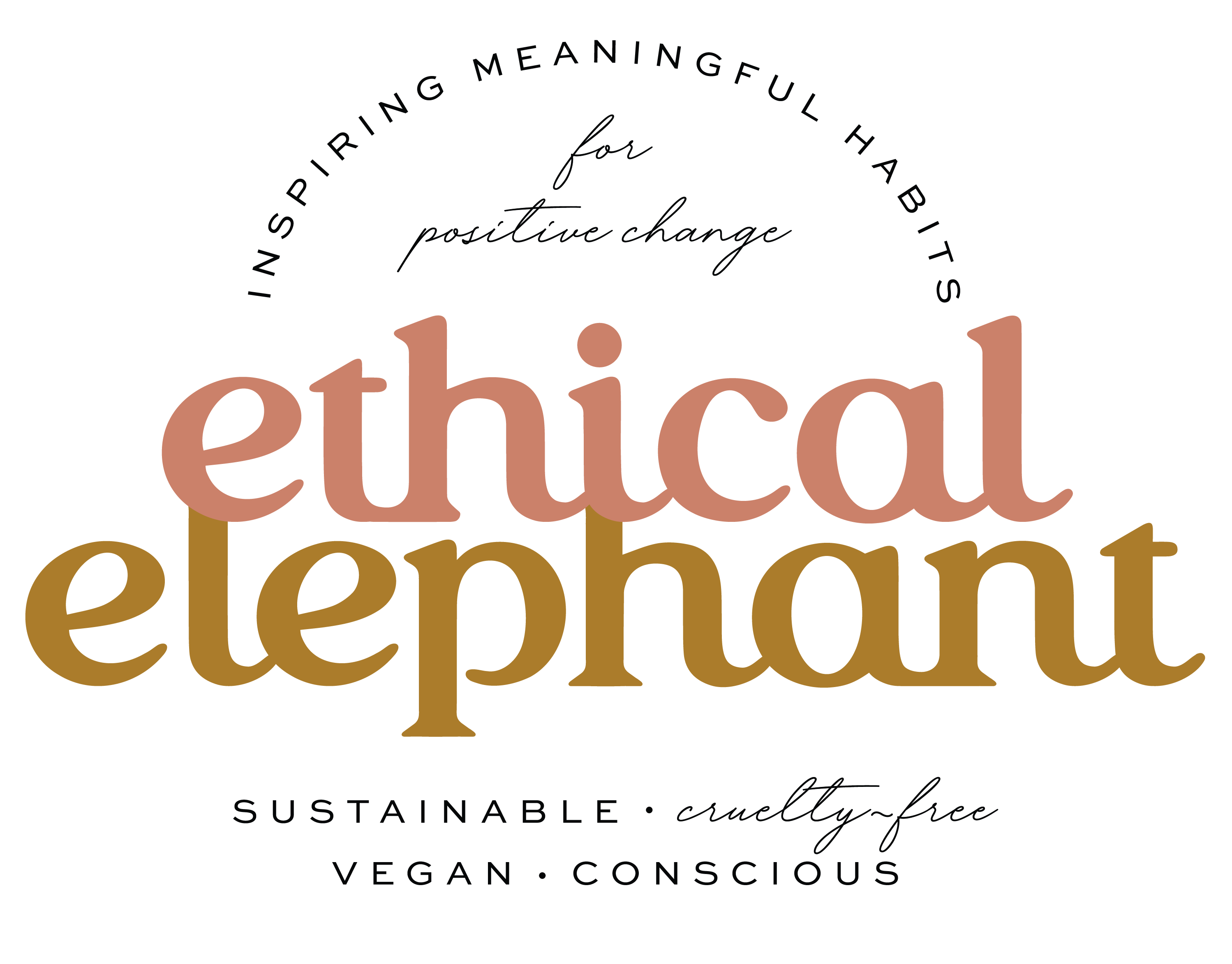This post may contain affiliate links that at no additional cost to you, I may earn a small commission.
Is Pledge Cruelty-Free?
☠️ Pledge is NOT cruelty-free in 2023. Pledge allows its products to be tested on animals when required by law.
Pledge’s Animal Testing Policy
When asking, does Pledge test on animals? We must look beyond to ensure none of Pledge’s ingredients or suppliers test on animals. And they don’t allow their products or ingredients to be tested on animals when required by law.
To assess whether brands are cruelty-free, I always start with the company’s official animal testing policy on their website.
However, I couldn’t find Pledge’s animal testing statement anywhere.
So I reached out to Pledge to ask for more information. More specifically, I wanted to know if they commission or allow others to test, not just their finished products but their ingredients on animals, including when required by law.
And Pledge responded by saying,
“We’ve given a lot of thought to ending animal testing. We’re not there yet, but we’re trying. Because our products are used by families globally, we see an important need for toxicological studies that ensure they can be used safely and with minimal impact on the environment. Also, SC Johnson must comply with the stringent legal and regulatory requirements of countries around the world that require, by law, testing for certain products. At the same time, we agree that animal testing should be Reduced; Refined to minimize suffering; and, ultimately, Replaced – which is Russell & Burch’s “three Rs” approach.
Given these beliefs, our first step is that where possible we use ingredients that have already been tested, so that we can avoid additional testing but still know the ingredients’ human health and environmental impact. We’ve amassed extensive databases of historic testing data, to minimize further tests wherever we can.
We’ve also been active in developing, validating and applying alternative testing methods, such as corrosivity assays and human tissue equivalent models, which have dramatically reduced the number of animals used in testing our products. We’re also a contributing member of the Institute for In Vitro Sciences, which is dedicated to the advancement of alternative test methods. We continue to look for other ways we can make further progress.
But this issue is bigger than a single company and what we choose to do, because in many cases our choices are affected by legal requirements. For example, mosquito repellents by law must undergo toxicological assessment (which may involve animal testing) in order to be sold in numerous geographies, including the United States and Europe.
While we would all like to avoid animal testing, mosquito repellents play a key part in protecting people from dangerous mosquito borne diseases such as malaria, dengue and West Nile virus. In the United States, these products also repel deer ticks, which can cause potentially deadly Lyme Disease. So it is important that these products continue to be produced and sold, even given the government requirement that they be tested first. And any company selling these products is subject to the same constraints.
In some cases testing also may be important to ensuring that products can be safely used by consumers or that the chemicals in products aren’t going to cause long-term effects on the environment. In fact, efforts like REACH in Europe, as well as the Toxic Substances Control Act and the Federal Insecticide, Fungicide and Rodenticide Act in the United States, are pushing for more testing, not less.
For example, some consumer advocacy groups are seeking more stringent testing of products for carcinogenic effects or endocrine disruption, either of which could require animal testing. So companies like SC Johnson are trying to find the right balance. We do believe strongly that products must be safe for consumers today and for the planet for generations to come; the goal is to ensure this with the absolute minimum of animal testing necessary.
We realize that some companies say they “don’t test on animals.” Frankly, we are skeptical, but even if the claim is true, it may mean simply that they aren’t doing anything new. New product innovations – which can for example offer reduced environmental impact – may require testing because of using new chemicals or using them in new ways. A company that isn’t innovating may not have this need, although it will still have to comply with new legal requirements that may entail animal testing.
Other companies that claim they do no animal testing may also simply be obscuring the facts. It doesn’t necessarily mean the ingredients they use haven’t been tested – in fact, it is likely that they have. The vast majority of chemicals used in products will have been tested for toxicity. But some companies skirt this issue because their raw materials were tested by the suppliers they purchase from, or from other suppliers that those suppliers use. So their claims are based solely on whether they themselves tested a particular product formulation…not whether there was testing in the product’s history.
At SC Johnson, we care about honesty and transparency in our claims. So, we won’t make broad, sweeping claims that imply more than is true. Rather, where it makes sense we may label products with clear language that says we didn’t test that product on animals.
The bottom line is that we have to meet government, safety and environmental requirements for our products, but we are working toward ways to do so while continually minimizing animal testing.
We know some people may choose not to buy SC Johnson products given their passion on this topic. But we hope you’ll give us a chance, as we continue to be one of the companies that’s working hard to drive advancements in this area. Please look for our products whose labels say they are not tested on animals … it may not be all that you want, but you can believe that it’s true.”
Based on their response, Pledge has the same animal testing policy as SC Johnson, where both state they make an exception to allow their products to be tested on animals to meet government, safety, or environmental regulations.
As a result and for those reasons, Pledge is NOT cruelty-free.
☕️ Every week, I continue to reach out to new brands while trying my best to keep current brands updated. If you found any of my posts or guides helpful, consider Buying Me A Coffee! I would greatly appreciate it! ❤️
Is Pledge Certified Cruelty-Free?
Pledge is not certified cruelty-free by any third-party cruelty-free certifications like Leaping Bunny or PETA.
Since Pledge is not certified cruelty-free by a third party, no one is substantiating or auditing Pledge’s cruelty-free commitments and claims.
Is Pledge Owned By A Non-Cruelty-Free Parent Company?
Yes. Pledge is owned by SC Johnson, a parent corporation that still engages in animal testing in 2023.
Some cruelty-free consumers may choose to purchase and support cruelty-free brands owned by animal-tested parent corporations as they hope it will convince the parent company to become cruelty-free.
But in this case, Pledge is NOT cruelty-free, and neither is its parent corporation, SC Johnson.
Does Pledge Test on Animals?
To wrap up, Pledge allows its products to be tested on animals when required by law. Therefore, we would NOT consider Pledge to be a cruelty-free brand.
Currently, Pledge is on our List of Brands to Avoid – Animal Tested.
Is Pledge Vegan?
❌ Pledge is NOT vegan. Pledge does not claim or market itself to offer any vegan-friendly options. And since Pledge engages in animal testing in some capacity, we wouldn’t consider any Pledge products vegan anyways.
In order for products to be considered vegan by ethical elephant’s standards, the products and their ingredients must not be tested on animals anywhere in the world. Also, they must not contain any animal-derived ingredients or by-products.
Cruelty-Free Alternatives to Pledge
Looking to switch to cruelty-free cleaning products? Check out our Guide to Cruelty-Free & Vegan Household Cleaning Brands!







